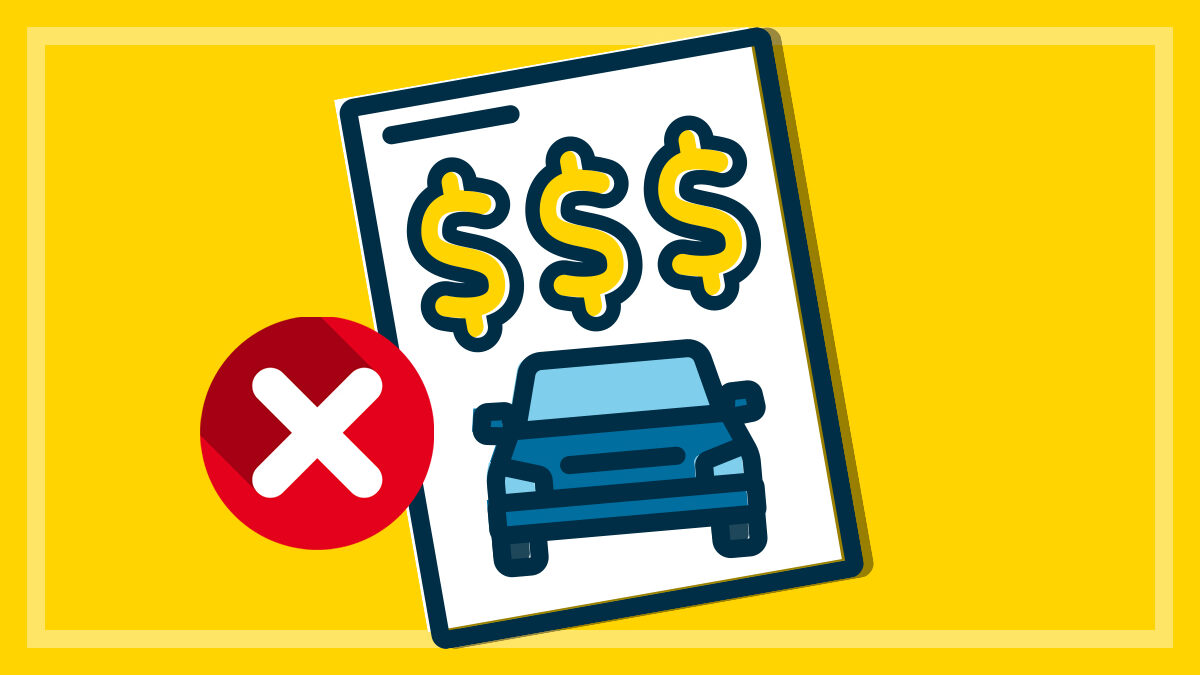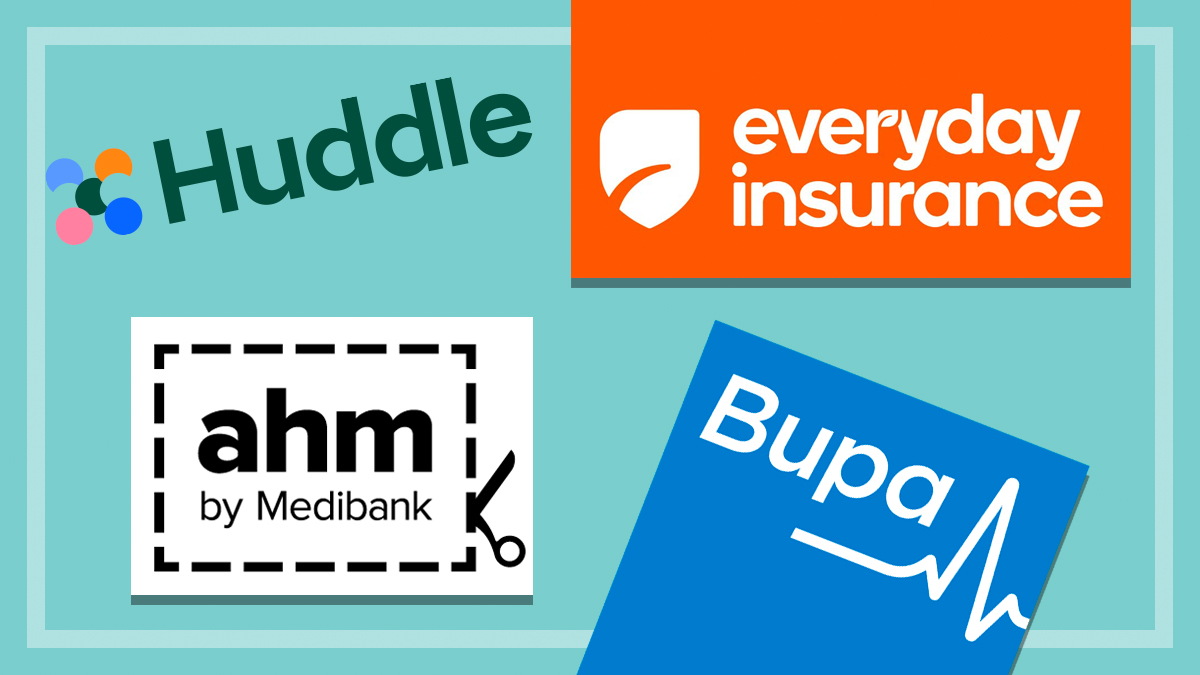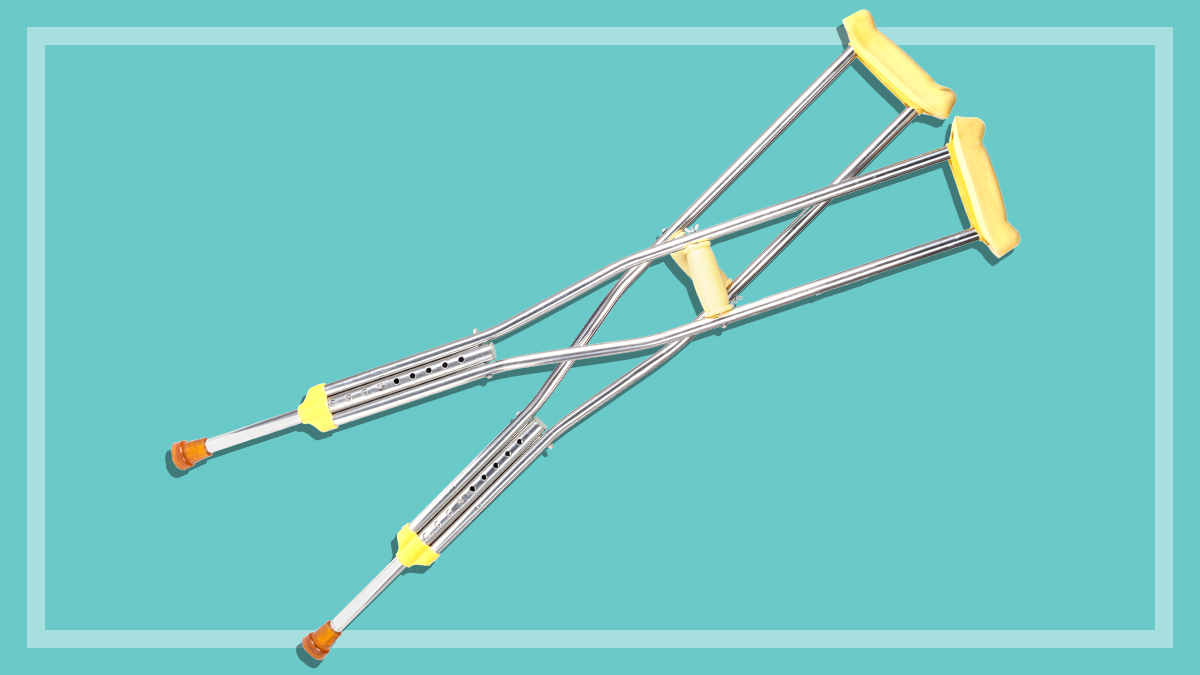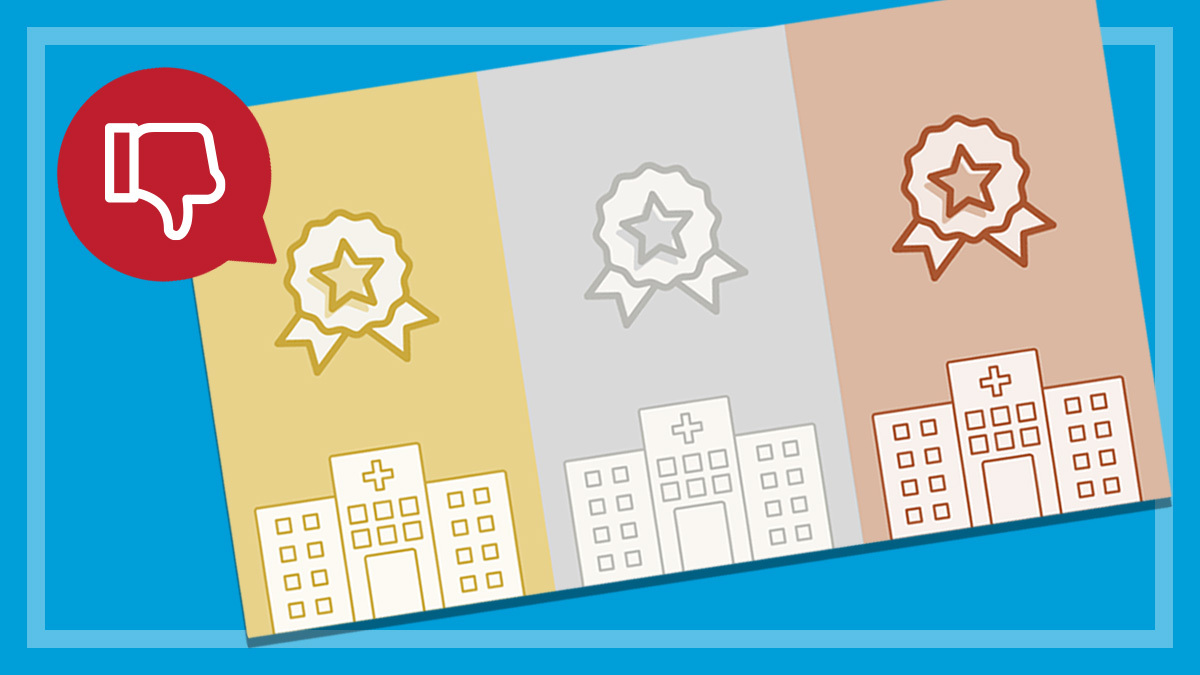Get our independent lab tests, expert reviews and honest advice.
Do you need health insurance?

With household budgets stretched by cost-of-living pressures, it’s time to take stock of your health insurance.
On this page:
- What is the Medicare Levy Surcharge?
- What is Lifetime Health Cover loading?
- Is jumping elective surgery waiting lists important?
- Do you need extras cover?
- Tips to avoid getting ripped off by health insurers
The two main reasons why you might want to pay for hospital cover are to save money on tax and to avoid lengthy elective surgery waiting lists. If you’re not making much use of your extras cover (for out-of-hospital costs like physio, dentistry, optical and chiro), you may want to drop that altogether.
What is the Medicare Levy Surcharge?
Depending on your income, you may have to pay extra tax if you don’t have private health insurance.
The Medicare Levy Surcharge (MLS) is an additional 1–1.5% tax paid by singles earning over $101,000 and couples/families earning over $202,000 who don’t have private hospital cover. It begins at $1010 a year for singles and increases the more you earn.
If you only want health insurance for tax reasons, you can simply take out the cheapest hospital policy in your state or territory, which can cost less than paying the Medicare Levy Surcharge. The more you earn, the more you’ll save by taking out private hosptal cover. It’s important to note that although the cheapest (Basic) policies will help you save on tax, they provide little additional benefit if you go to hospital. You’ll need higher cover if jumping elective surgery waiting lists is important to you.
| Income bracket | ≤$101,000 | $101,001–118,000 | $118,001–158,000 | ≥$158,001 |
|---|---|---|---|---|
| You pay this % of your income: | 0.00% | 1.00% | 1.25% | 1.50% |
| Income bracket | ≤$202,000 | $202,001–236,000 | $236,001–316,000 | ≥$316,001 |
|---|---|---|---|---|
| You pay this % of your income: | 0.00% | 1.00% | 1.25% | 1.50% |
What is Lifetime Health Cover loading?
The Lifetime Health Cover (LHC) loading affects you if you take out hospital cover after your 31st birthday, or if you have any long gaps between cover. If you take out hospital cover for the first time after you turn 31, you’ll pay an extra 2% on your premiums for every year you waited up to a maximum loading of 70%, and you’ll pay the loading for 10 years.
If you never get private hospital insurance, the LHC loading will never affect you.
Keep in mind that you don’t need to get extras cover (dental, optical, etc.) to avoid the MLS or LHC loading – getting hospital cover will do just fine.
Is jumping elective surgery waiting lists important?
In 2022–23 elective surgery waiting times were at the highest level in 20 years with nearly 10% of patients waiting for surgery for a year or more, according to the Australian Institute of Health and Welfare. They’ve since decreased, but are still longer than they were in 2020, with 50% of patients waiting more than 46 days for surgery, compared with 39 days in 2020, and 6.4% of patients waiting over 12 months.
6.4% of patients on public waiting lists wait over 12 months for elective surgery
If you have private hospital cover, you can have your surgery performed by the doctor of your choice in a private hospital and you’ll usually experience much shorter waiting times. If surgery is called ‘elective’, it just means it’s not emergency surgery and isn’t immediately needed to save your life.
Elective surgery is necessary surgery and even includes cancer surgery, and your condition could worsen if you have to wait too long. It’s even possible that you could become disabled while waiting, like for hip or knee replacement surgery, or your ability to enjoy and live your life could be severely limited, like if your eyesight worsens while waiting for cataract surgery.
If you want the ability to jump these waiting lists, look for Bronze, Silver or Gold hospital policies.
Do you need extras cover?
Unlike hospital insurance, which covers you for treatment in hospital, extras insurance helps pay for services outside of hospital, like dental care, glasses and treatments like physio or chiro. When you take out health insurance, your insurer will probably sell you a hospital and extras policy.
What health funds don’t tell you is that you aren’t required to have extras insurance to avoid paying tax and loadings. And while you get benefits paid when you have treatments, it’s often less than what you pay in premiums.
Most extras policies only pay a percentage or a capped amount towards the cost of these services. According to APRA*, on average:
- you’re out of pocket by about $60 for each extras service
- the benefit for a service is $67 for dental, $40 for physiotherapy and $82 for optical
- you only get $475 per person per year in total from your extras policy, so for the average person, a premium of over $39 per month for extras insurance means you’re likely paying too much.
If your extras insurance doesn’t pay out more than your extras premium, it’s worth either switching to a better policy or dropping it altogether. Use our tool to compare health insurance to see if you can score a better deal.
*APRA quarterly health insurance statistic, December 2024.Tips to avoid getting ripped off by health insurers
- Take our Do I need health insurance? quiz to see if you’re financially better off taking out a policy (not everyone is).
- If you already have health insurance, compare your health insurance options to see if you can get a better deal. Also, make sure you aren’t paying for services you don’t need.
- Consider increasing your excess to reduce your premium. Any hospital policy with up to $750 excess will exempt you from the Medicare Levy Surcharge.
- Check whether you can join a restricted membership health fund for your industry.
- Think of extras cover as a budgeting tool. If you’re getting back less in benefits than you’re paying in premiums, it may not be worth the money.





